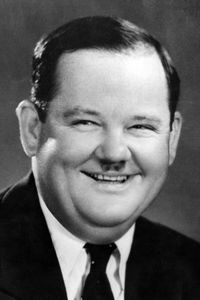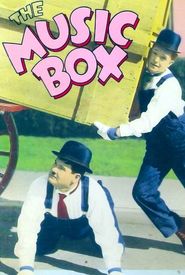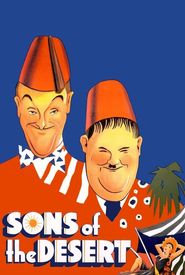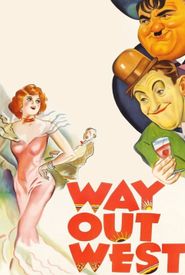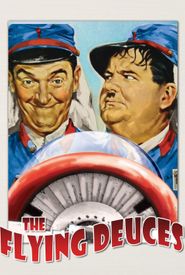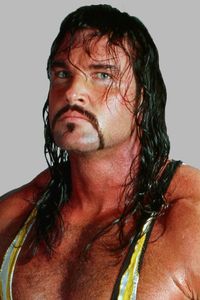Oliver Hardy's early life was marked by his remarkable singing talent, which he showcased by performing with minstrel shows as a young boy, even before the age of eight. This precocious ability to entertain crowds set the stage for his future career in the entertainment industry.
In 1910, Hardy took a bold step by running a movie theatre, a decision that would ultimately lead him away from his original plan to study law. Instead, he chose to pursue his passion for the silver screen, which would become his lifelong calling.
Hardy's professional career in comedy began in 1913 when he joined the Lubin Company in Florida. He quickly made a name for himself as a talented comedy actor, starring in a long series of shorts, with his debut film being Outwitting Dad in 1914.
Throughout his career, Hardy appeared in numerous short film series, including "Pokes and Jabbs" (1914-15),"Plump and Runt" (1916-18),and "Jimmy Aubrey" (1919-21). He also co-directed and acted in comedy shorts for Larry Semon from 1921 to 1925.
In addition to his work in comedy shorts, Hardy also ventured into other genres, such as westerns and melodramas, often playing the villainous role. However, it was his partnership with British comedian Stan Laurel that cemented his place in comedy history.
The two comedians first worked together in the 1920s, appearing in separate projects before being reunited by Hal Roach, a renowned comedy producer. Their first film as a team was 45 Minutes from Hollywood in 1926, and they went on to create a string of successful two-reelers, including Sugar Daddies in 1927 and From Soup to Nuts in 1928.
Their popularity soared, and they eventually transitioned to feature films, starring in classics such as Way Out West in 1937, March of the Wooden Soldiers in 1934, and Block-Heads in 1938. They continued to work together until the mid-1940s, when they signed with Twentieth Century-Fox.
Although they initially enjoyed creative freedom under Roach, they found themselves facing more restrictive conditions at Fox, which led to a decline in their popularity. They made their last film for Fox in 1946 and eventually parted ways with the studio.
In the years that followed, Hardy made a few feature films without Laurel, including Zenobia in 1939, The Fighting Kentuckian in 1949, and Riding High in 1950. He also made a cameo appearance in the French film Utopia in 1951, which is generally regarded as his worst film.
Oliver Hardy's life came to a close in 1957, leaving behind a legacy as one of the most beloved comedians of all time, alongside his partner Stan Laurel.
